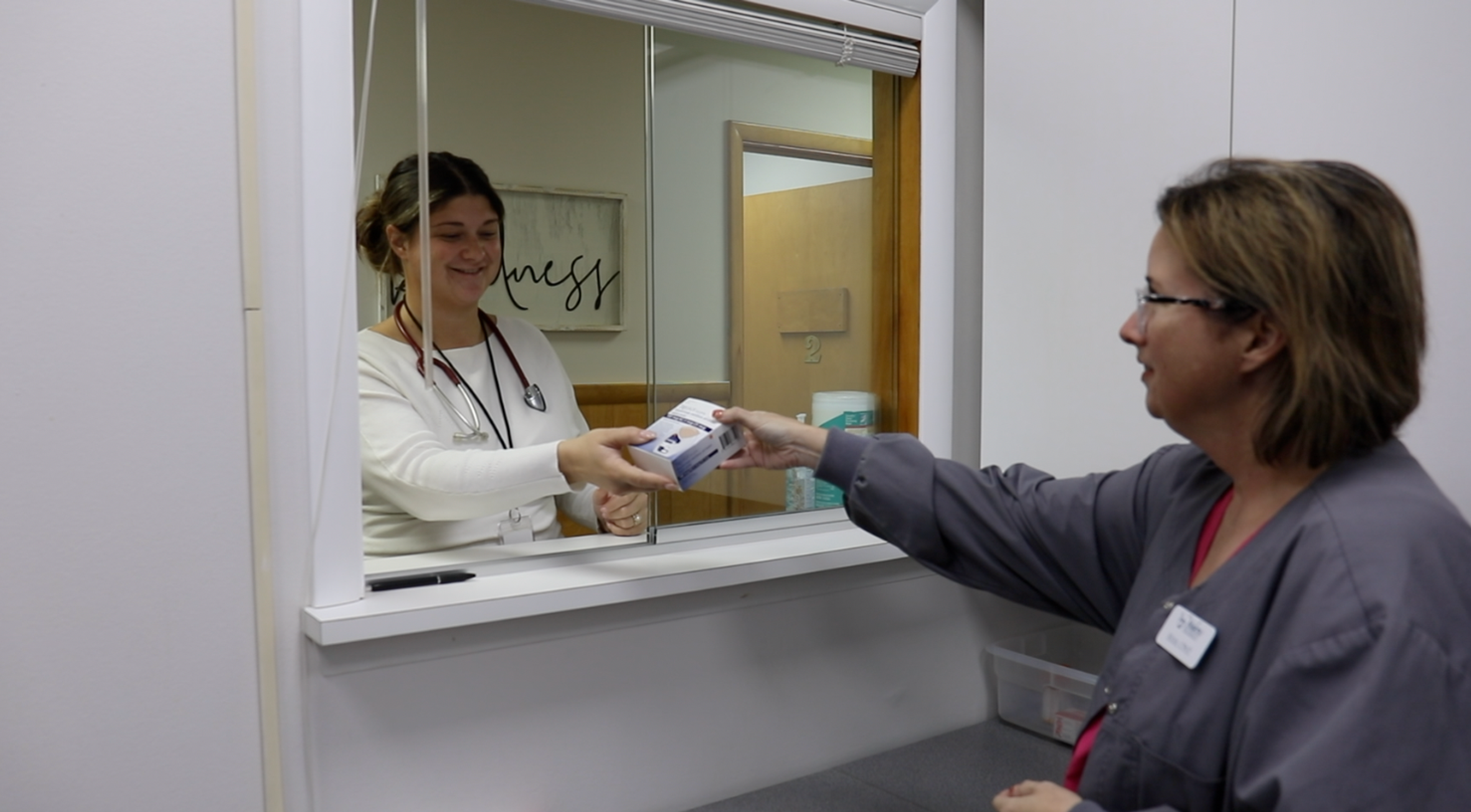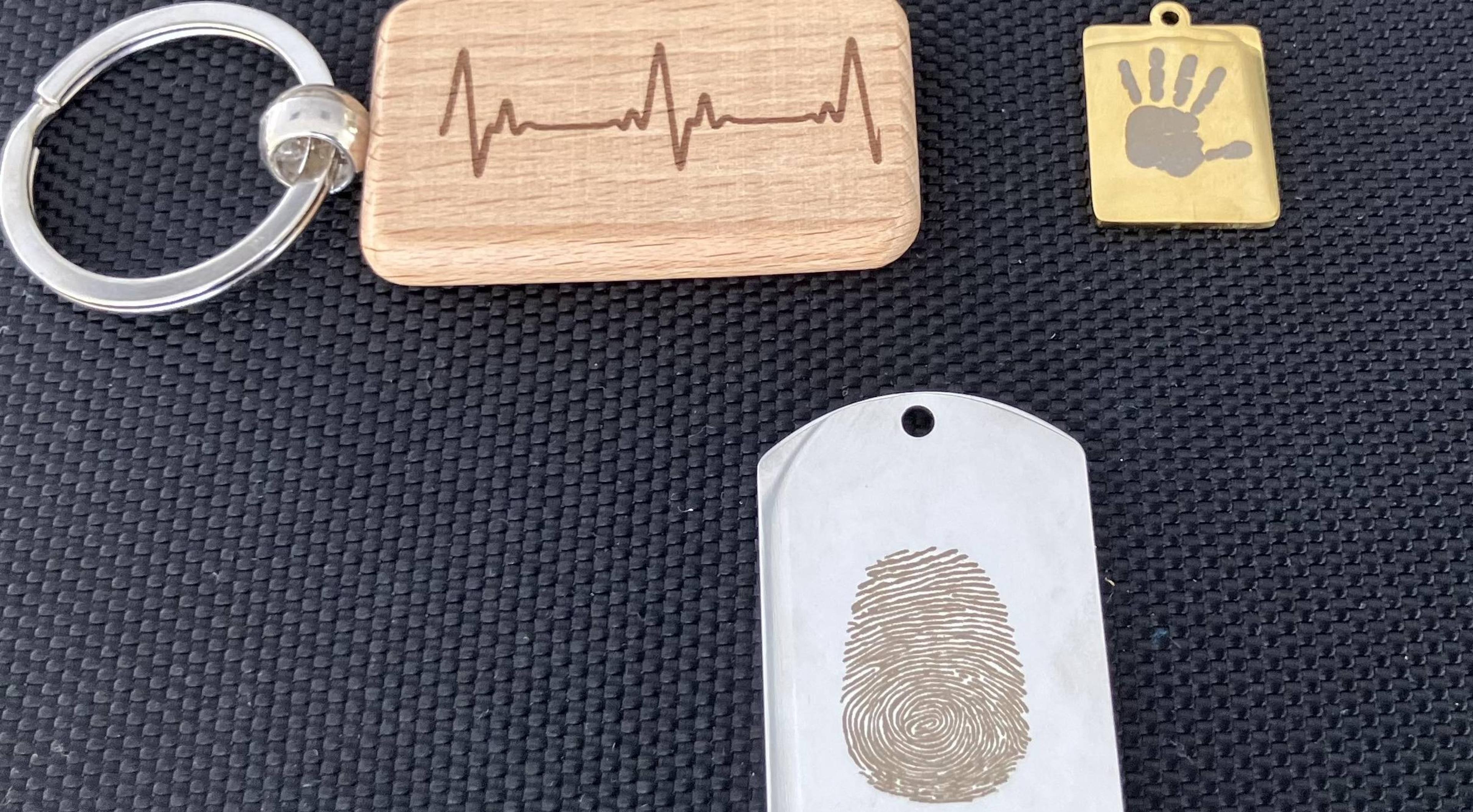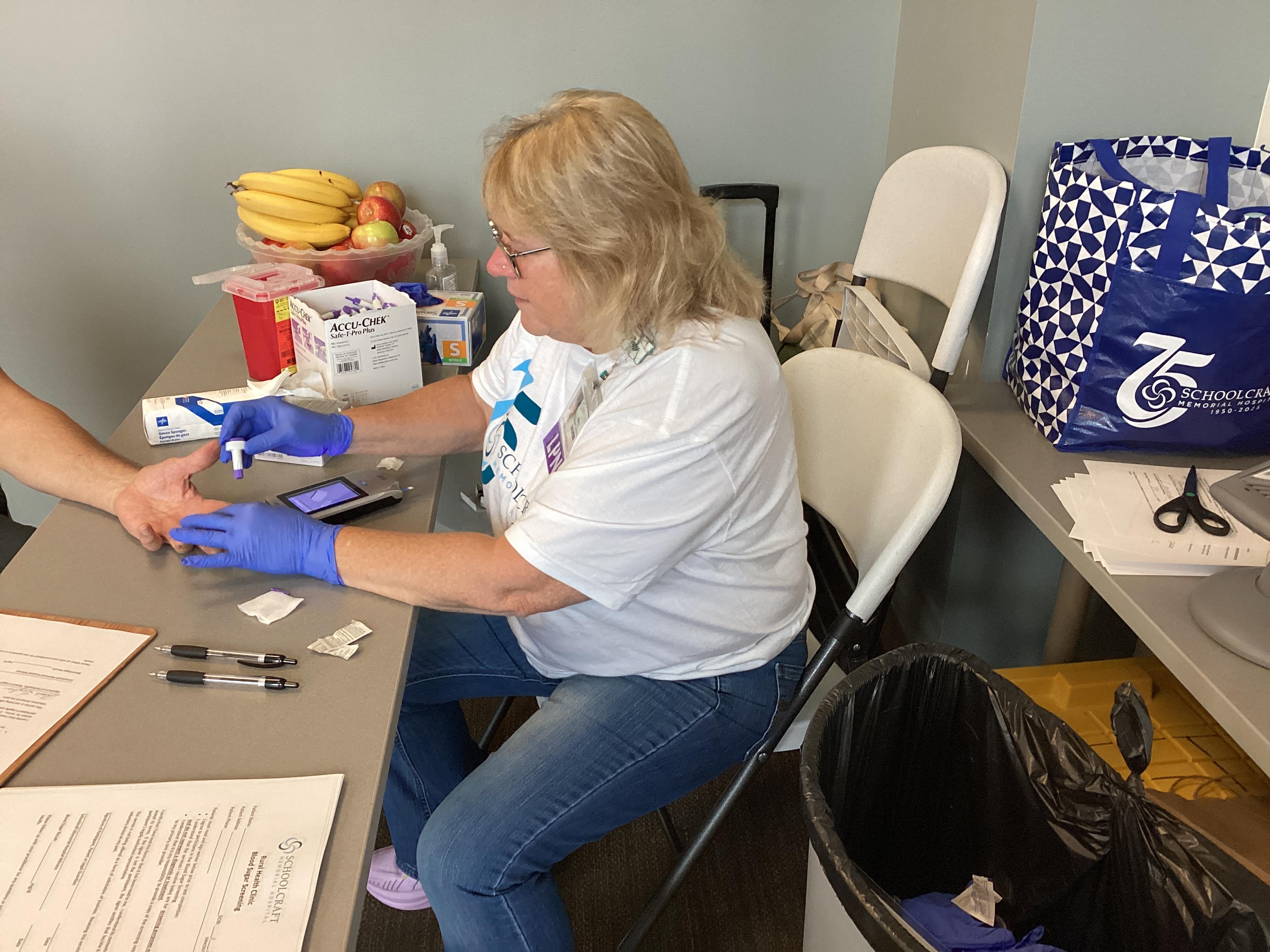The Fight Against Opioids: Can a Drug Addiction Be Treated by Another Drug?
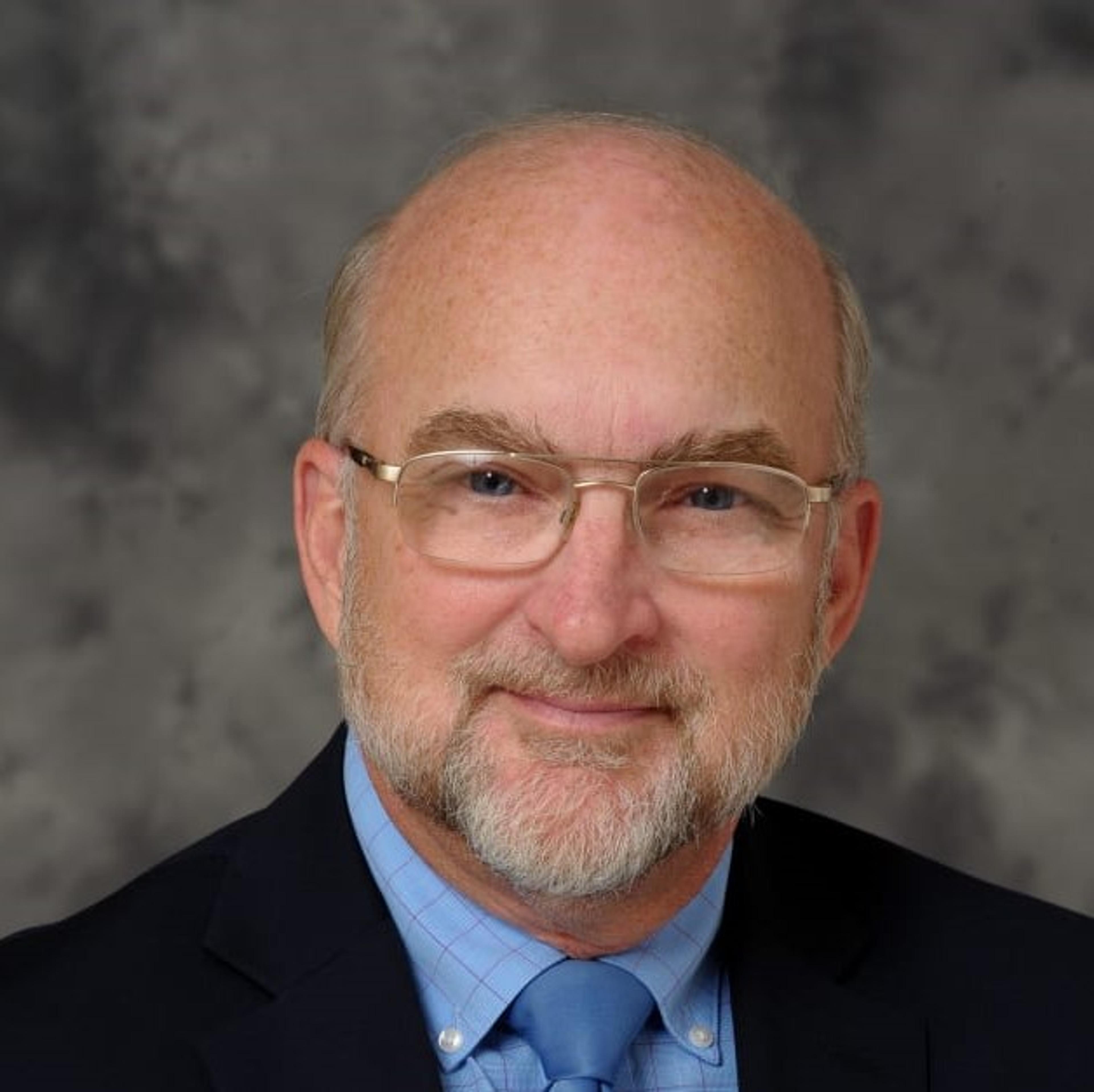
Dr. William Beecroft, M.D.
| 4 min read
Dr. William Beecroft, MD, DLFAPA, is the Medical Dir...
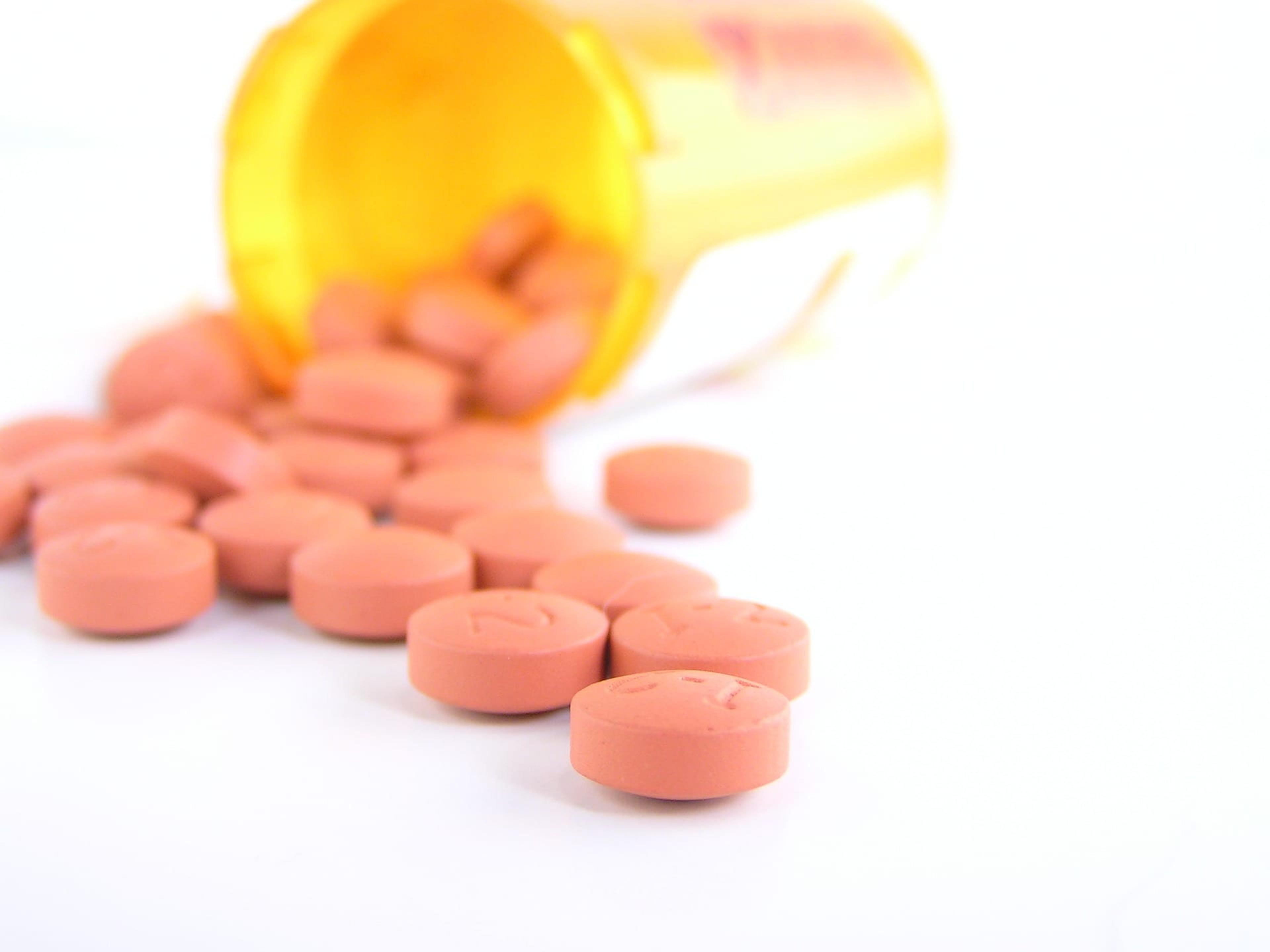
Ninety-one Americans die every day as the result of an opioid overdose. Overdose deaths in Michigan alone have tripled in the past five years. Statistics like this one are jarring—and paint an all-too-unfortunate picture of the reality of the opioid epidemic in our state and country. Recently declared a national public health emergency, the opioid epidemic continues to grow at an alarming rate. Fortunately, as awareness of this dire condition spreads, so do efforts to end it. Developments in treatment from the medical community are going a long way to create positive progress. In the battle against opioid abuse and addiction, there are a variety of treatments designed to help people recover and regain control of their lives. There are inpatient rehab programs and community support groups as well as preventive measures like pain management training for physicians. Combined, they all have a role in combatting the opioid epidemic impacting Michigan and the rest of the country. But there’s one treatment in particular that takes a more chemical approach to helping people recover from opioid addiction: medication-assisted treatment (MAT). A Unique Approach MAT is the use of a few specific medications to treat substance abuse disorders—especially those related to opioids. It works because certain medications can counter the effects of opioids on the brain and alleviate the withdrawal symptoms that occur during the recovery process. Though the use of drugs to treat drug addiction may seem counterintuitive, the methodical and strategic selection of medications and dosages has proven effective in helping overcome addictions and significantly reducing the need for inpatient detoxification services. Aside from the clinical effectiveness of MAT, it also allows for patients to regain a sense of normalcy and functionality in their lives by often decreasing criminal activity associated with substance abuse disorders, increasing patients’ ability to secure and maintain employment and even improving birth outcomes for women who have substance use disorders while pregnant. Why MAT Works An important distinction to make is that MAT is not simply replacing one drug with another. These medications have a very specific purpose: to relieve withdrawal symptoms and cravings that can make it tough to stop opioid misuse. As a person uses opioids over an extended period of time, the brain develops more and more opioid receptors to try to reestablish balance in the body. Once someone stops using, these extra receptors are left without stimuli, causing serious withdrawal symptoms. By using a different drug to fill those receptors, withdrawal symptoms are dramatically reduced. The MAT Process MAT begins with a prescription issued by a Drug Enforcement Agency-certified physician. Depending on the type and severity of the addiction, the physician will prescribe one of several drugs, including methadone, suboxone or naltrexone. The duration of treatment is dependent on each individual case, though the standard is at least one year. The hope is that patients can slowly taper the dosage and eventually stop using all medications. A Holistic Approach The success of MAT is partly due to its integrated approach to recovery. It is a single component of a more complex treatment plan that involves regular counseling, behavioral therapies and evaluation. Those participating in this treatment are advised to join support groups (whether physical or virtual) to encourage others in the recovery process and be held accountable. These support groups might even rely on groundbreaking tools, like using geo-tracking to flag unusual behavior (traveling near a former drug source, prolonged inactivity, etc.) so that those in the patient’s network can intervene in real time. And because they can be virtual, support groups can connect people all across Michigan who are in specific situations—like those in the LGBTQ community or people whose spouses are addicted to opioids. While the medications help manage the chemistry involved with addiction, these behavioral measures and support systems contribute to the psychological aspects of recovery. Custom Care MAT is not for everyone. The personal nature of a drug use disorder means that different treatments are better suited for different people. If you or a loved one are struggling with addiction, consult medical and mental health professionals to help determine the best course of action. For more about what's being done to fight the opioid crisis in Michigan, check out these other blogs:
Photo credit: pixabay



